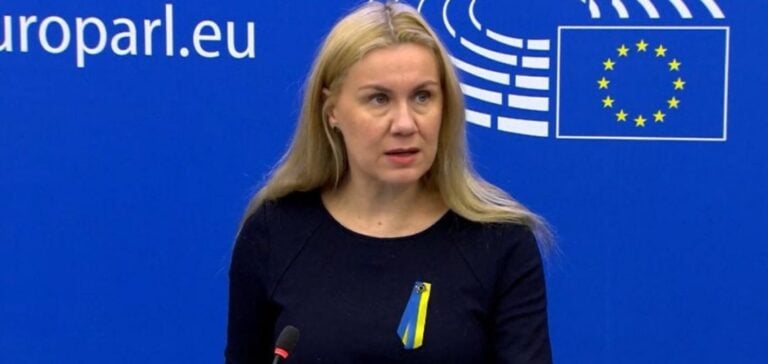The development of electricity grids adapted to renewable energies is essential for the EU’s energy transition. Kadri Simson and the energy ministers will discuss ways of modernizing infrastructures and supporting the integration of renewable energies into the European energy system. Smart and resilient grids will be at the heart of discussions to ensure efficient and stable distribution of green electricity.
Evaluating the progress of the REPowerEU Plan
Two years after the adoption of the REPowerEU plan to reduce dependence on Russian fossil fuels, the Belgian Presidency invited participants to take stock of progress and next steps. This plan is crucial to strengthening the EU’s energy security and promoting alternative energy sources. Discussions will include challenges and successes to date, as well as strategies for accelerating implementation of the plan.
Energy preparation for winter
As the EU prepares for the coming winter, the council will discuss the state of gas reserves and expected developments in the energy supply chain. Storage capacity and diversification of supply sources will be key to guaranteeing energy stability and efficiency during the cold months.
Implementing the Green Pact for Europe
The debate on the implementation of the European Green Pact will highlight efforts to make the European economy more sustainable. Kadri Simson will remind member states of the importance of finalizing their National Energy and Climate Plans by the end of June. These plans are essential to achieving the EU’s 2030 climate and energy objectives, based on the Commission’s recommendations.
Memorandum signed for a hydrogen corridor
On the bangs of the Council, a Memorandum of Understanding will be signed between Germany, Italy and Austria for the development of a hydrogen corridor linking North Africa to Central Europe. This project represents a major step forward in the integration of green hydrogen as a clean, sustainable energy source, facilitating the transition to a low-carbon economy.
Closing press conference
At the end of the Council, a press conference will be held with Kadri Simson and the Belgian Presidency of the Council, to share the results of the discussions and the decisions taken. The event, scheduled for around 6:45 pm CEST, will be broadcast live on EbS+. The Energy Council of Tomorrow is a crucial milestone for the EU’s energy future, highlighting the importance of modern, resilient infrastructure, as well as initiatives such as the REPowerEU plan and the hydrogen corridor.






















